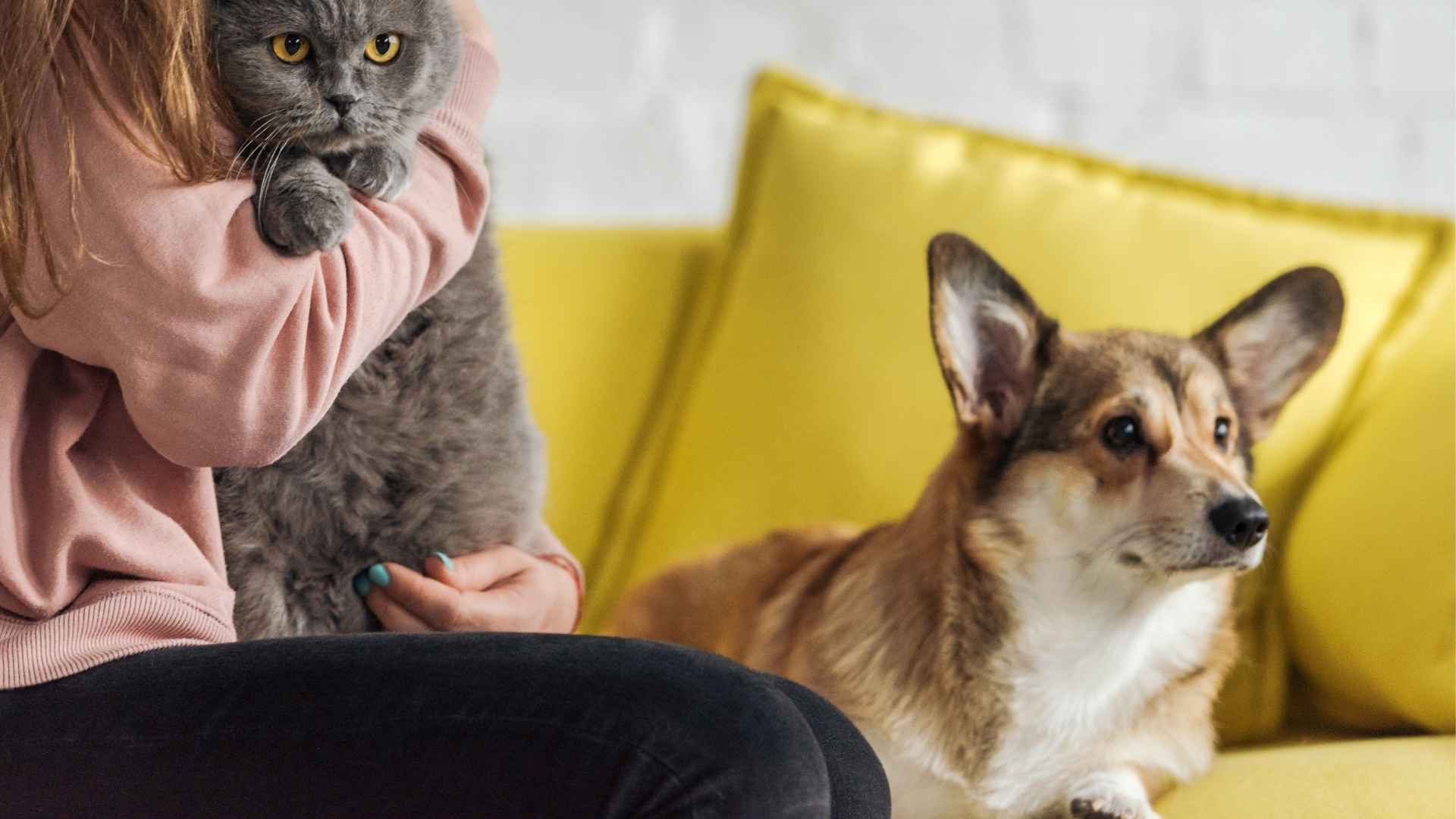You’re relaxing on the couch, scrolling through your phone, when suddenly—bam! Your furry friend nudges your hand, plops onto your lap, and glares at the screen like it just insulted their ancestors. Sound familiar? Some dogs don’t just crave attention; they demand it with the passion of a Hollywood diva.
Ever wondered why certain dog breeds seem overly possessive? Some pooches form deep emotional bonds and can’t stand sharing their favorite human. Whether it’s a new pet, a family member arriving, or even you spending time on something other than them, these jealous behaviors can kick into overdrive.
A study published in PLoS One found that dogs exhibit jealousy similar to humans, showing increased attention-seeking behaviors when their owners interact with other pets. This suggests that jealousy in dogs isn’t just a quirk—it’s wired into their instincts.
Want to know if your dog tops the list of the most jealous breeds? Our blog reveals the biggest culprits and how to manage their possessive streak!
Most Jealous Dog Breeds
1. Dachshund

Dachshunds may be small, but their jealousy is anything but! These spirited dogs form deep emotional bonds with their owners, making them prone to jealousy. Their history as hunters contributes to their strong attachment and need for constant attention.
Ever noticed your Dachshund barking excessively when you pet another dog? This breed dislikes sharing attention, often becoming overly clingy. PetMD says they might push between you and other pets or even steal your spot on the couch to reclaim dominance.
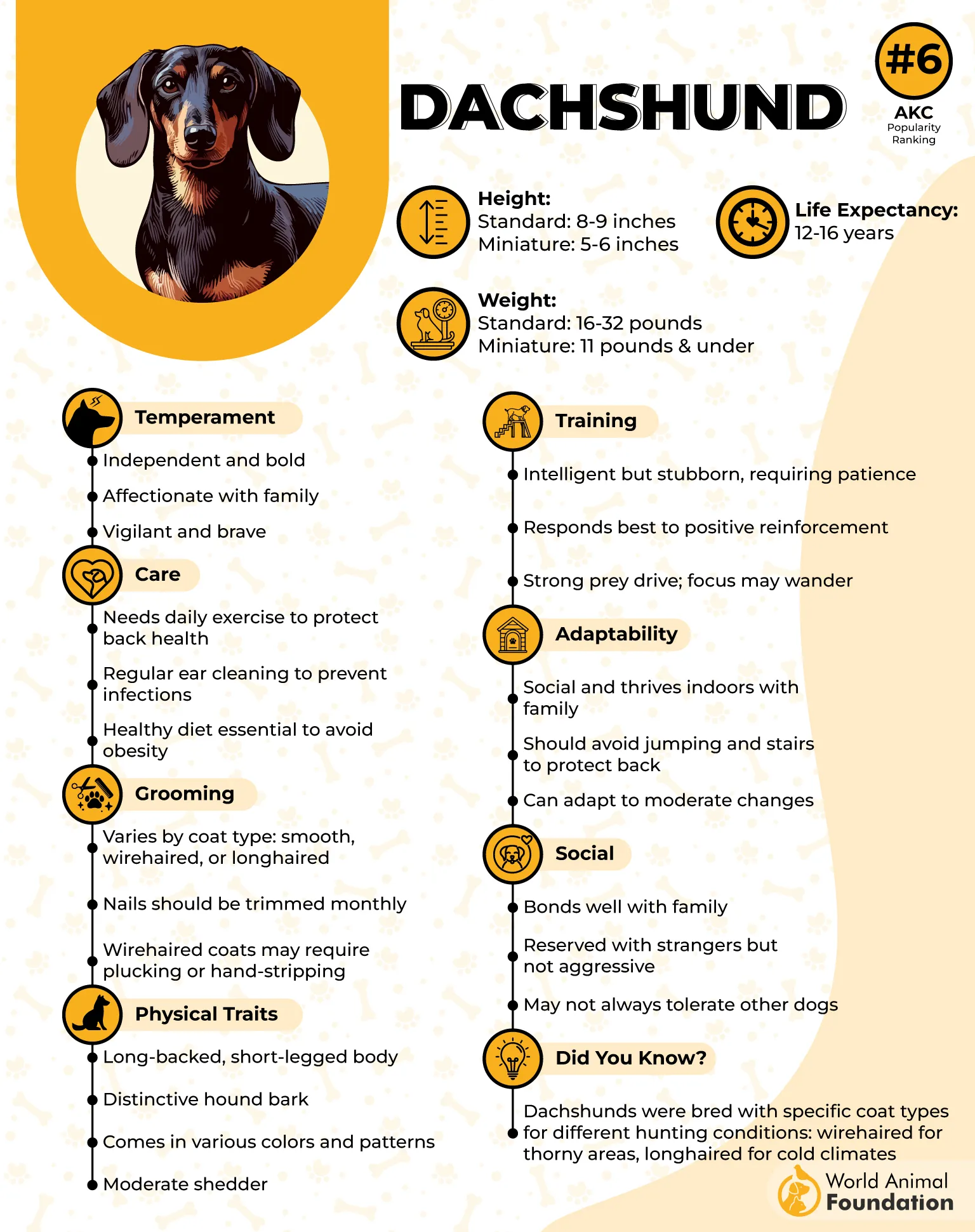
Introducing a new pet or spending time with other family members can trigger jealousy in these little dogs. They thrive on one-on-one interaction and may feel insecure when they sense their place in the household is threatened.
To manage jealousy, set clear boundaries and use consistent training. Mental stimulation through interactive toys helps divert attention, while positive reinforcement rewards calm behavior. Regular obedience training is essential for balance.
Can a Dachshund overcome jealousy? Absolutely! With equal attention and quality time, they can become well-adjusted pets. A structured training routine helps them understand their place without feeling the need to compete.
2. Pomeranian
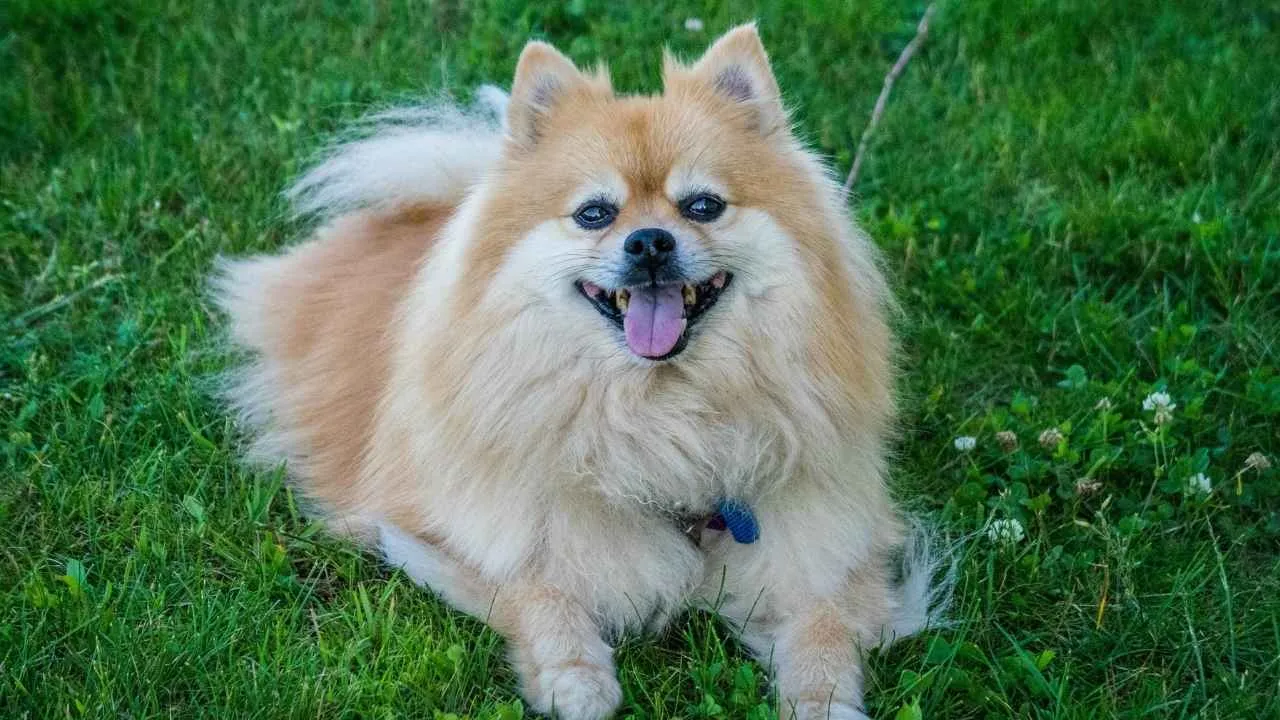
Pomeranians may be tiny, but their jealousy is larger than life! These fluffy companions crave affection and can become possessive over their owners. Their strong attachment makes them one of the most jealous dog breeds.
Does your Pomeranian bark excessively when you greet someone else? These jealous pooches demand undivided attention, often resorting to attention-seeking behaviors. Some even exhibit resource guarding, keeping toys and owners to themselves.
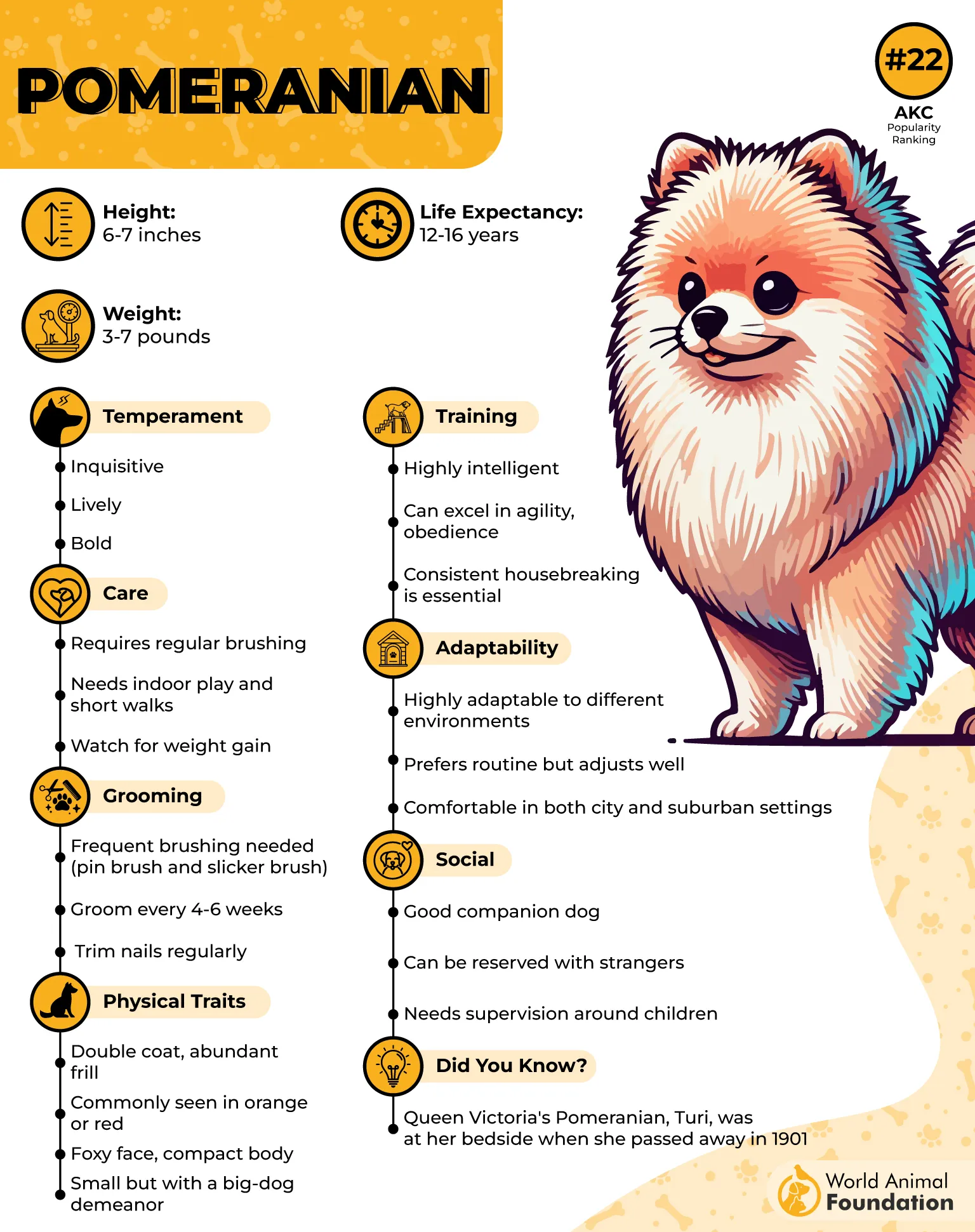
A new puppy or even a new partner can trigger jealousy in this breed. Pomeranians dislike changes in routine and may start acting out when their owner’s attention is divided between other members of the household.
Managing their jealousy requires setting clear boundaries and providing equal attention. Socialization from an early age helps them feel more secure, while positive reinforcement techniques reward desirable behaviors.
Despite their big personality, Pomeranians can overcome jealousy with a well-balanced routine. With patience and consistent training, they can learn to share attention without feeling threatened.
3. Chow Chow
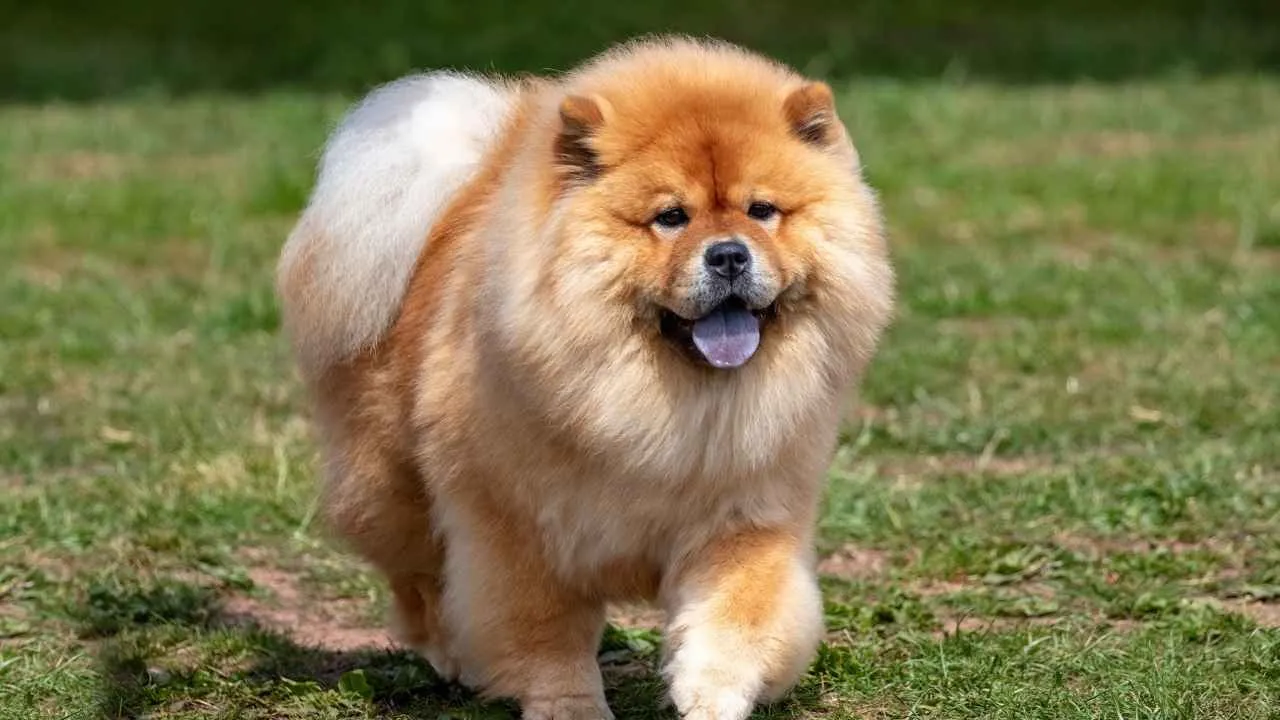
Chow Chows are known for their independent nature, but don’t be fooled—they can be prone to jealousy! Their strong bonds with owners make them wary of sharing affection, leading to possessive behaviors.
Ever seen a Chow Chow stand between you and other dogs? They often display territorial tendencies, blocking interactions to keep their attention on themselves. Some even become overly possessive and display aggressive behavior toward perceived rivals.
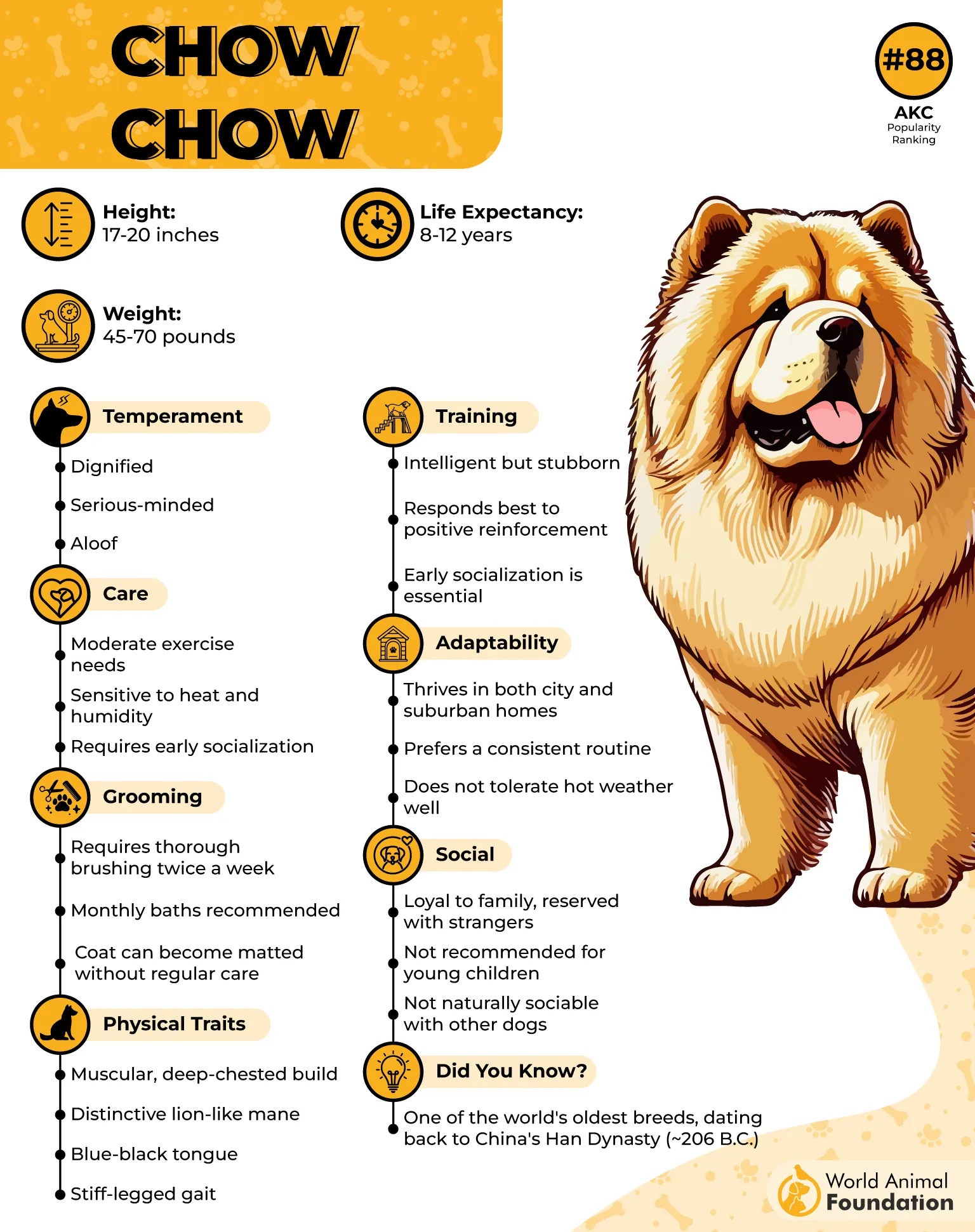
New pets or unfamiliar guests can trigger jealousy in these proud dogs. As per PDSA, their aloof personality means they dislike sudden changes, and a family member arriving can disrupt their sense of stability.
To address jealousy, dog parents should use structured obedience training. Consistent leadership, combined with positive reinforcement, helps them feel secure. Mental stimulation through puzzle games can also divert attention.
While Chow Chows can be stubborn, they can overcome jealousy with proper training. Clear rules and quality time with their owners ensure they feel valued without the need to guard their humans.
4. Boston Terrier
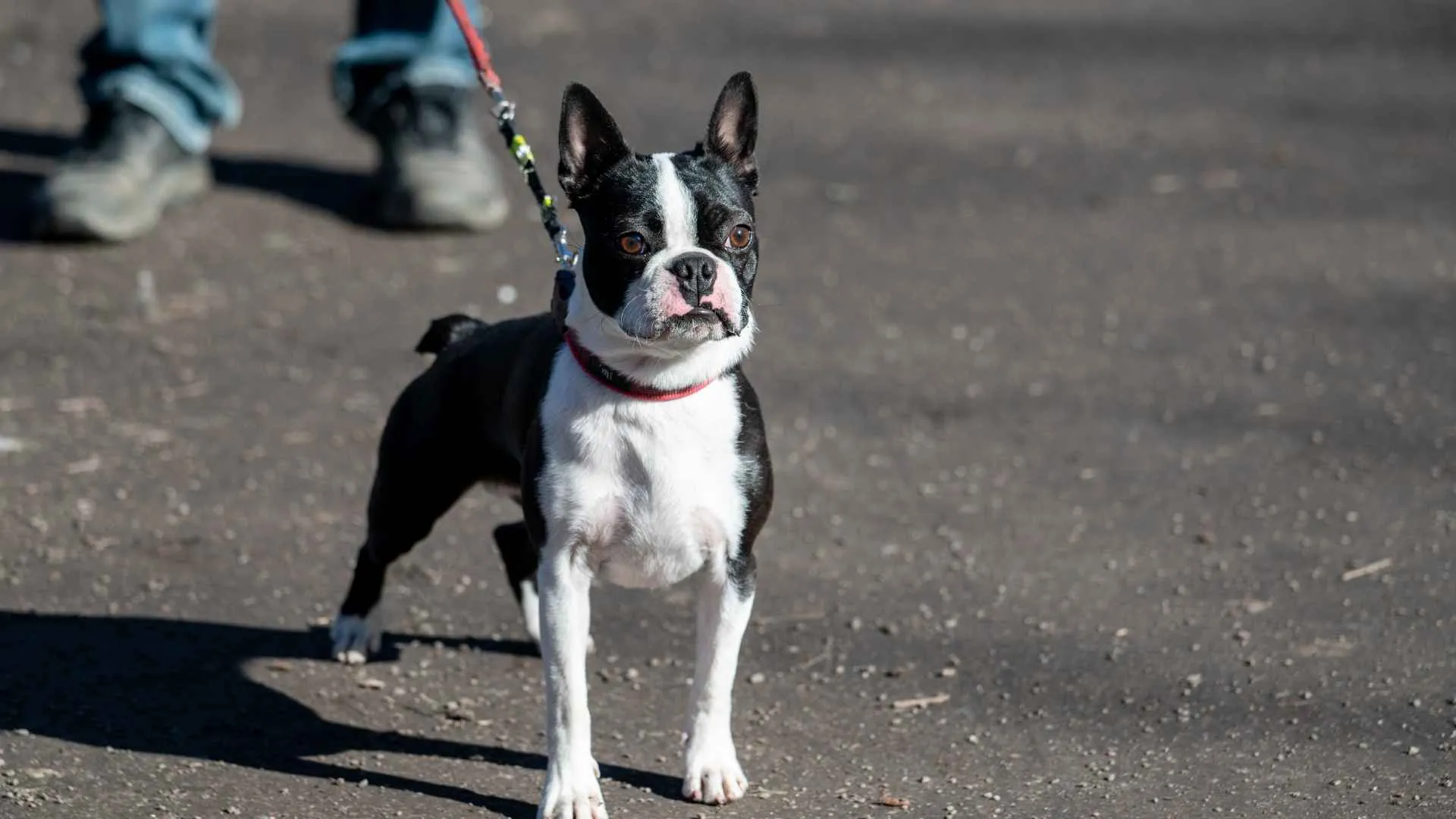
Boston Terriers might be friendly, but don’t let their charm fool you—jealousy in dogs of this breed is quite common! Their deep emotional bonds with owners make them prone to feeling left out.
Does your Boston Terrier demand constant cuddles? These affectionate dogs dislike being ignored and may start nudging or whining if their owners spend more time with other pets. Their strong attachment makes them crave attention.
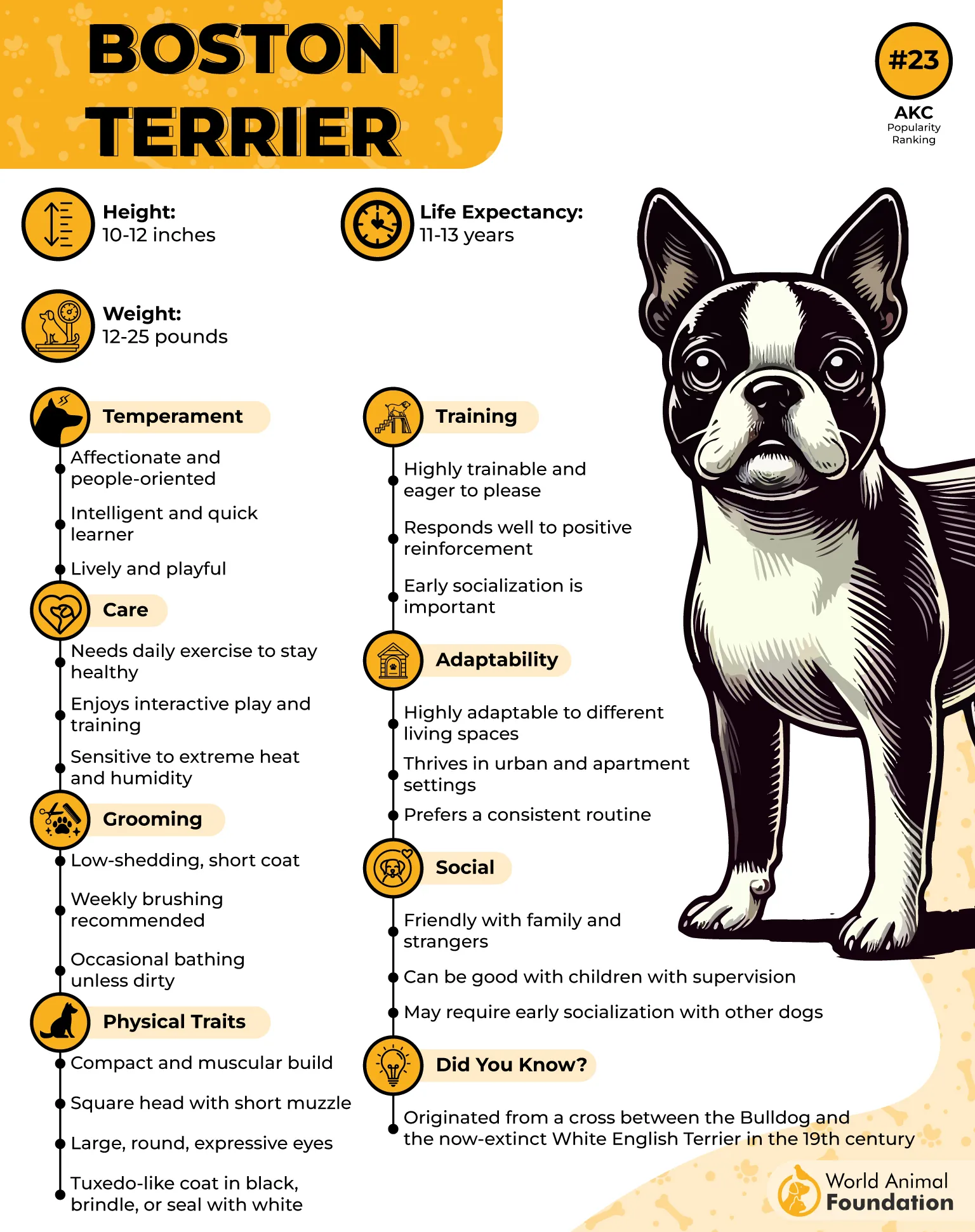
Introducing a new dog can trigger jealousy in this breed. They can feel insecure if they sense competition, leading to behavioral issues like excessive barking or interrupting interactions.
Managing jealousy requires a balanced approach. Ensuring enough attention while reinforcing independent behaviors helps keep them well-adjusted. Mental stimulation through training routines also helps curb possessiveness.
Boston Terriers can learn to manage jealousy with structured guidance. By spending time equally with all pets and maintaining clear boundaries, owners can create a happy and harmonious home.
5. French Bulldog
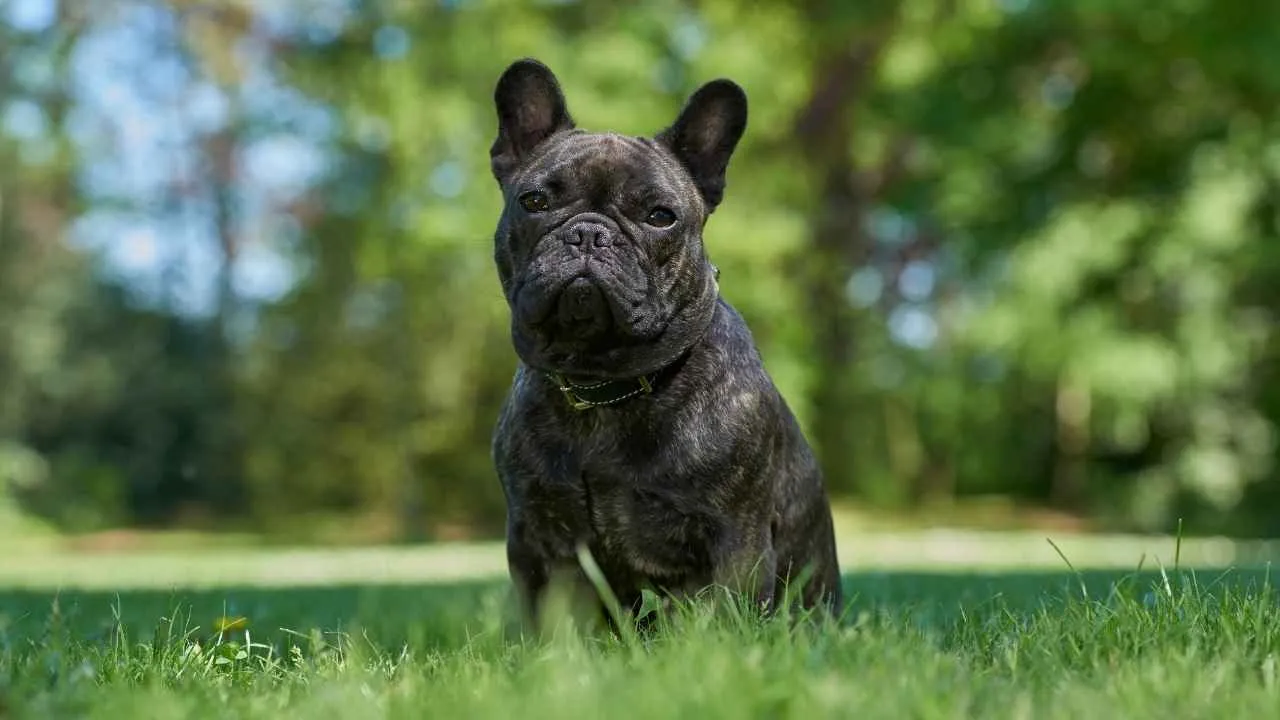
French Bulldogs are social animals, but their love for attention can lead to jealousy. They form strong bonds with owners, making them protective and sometimes overly possessive.
Ever noticed your French Bulldog pouting when you pet another dog? These little clowns may resort to playful nature or even pushy behavior to regain the spotlight. Their jealousy often manifests in demanding actions.
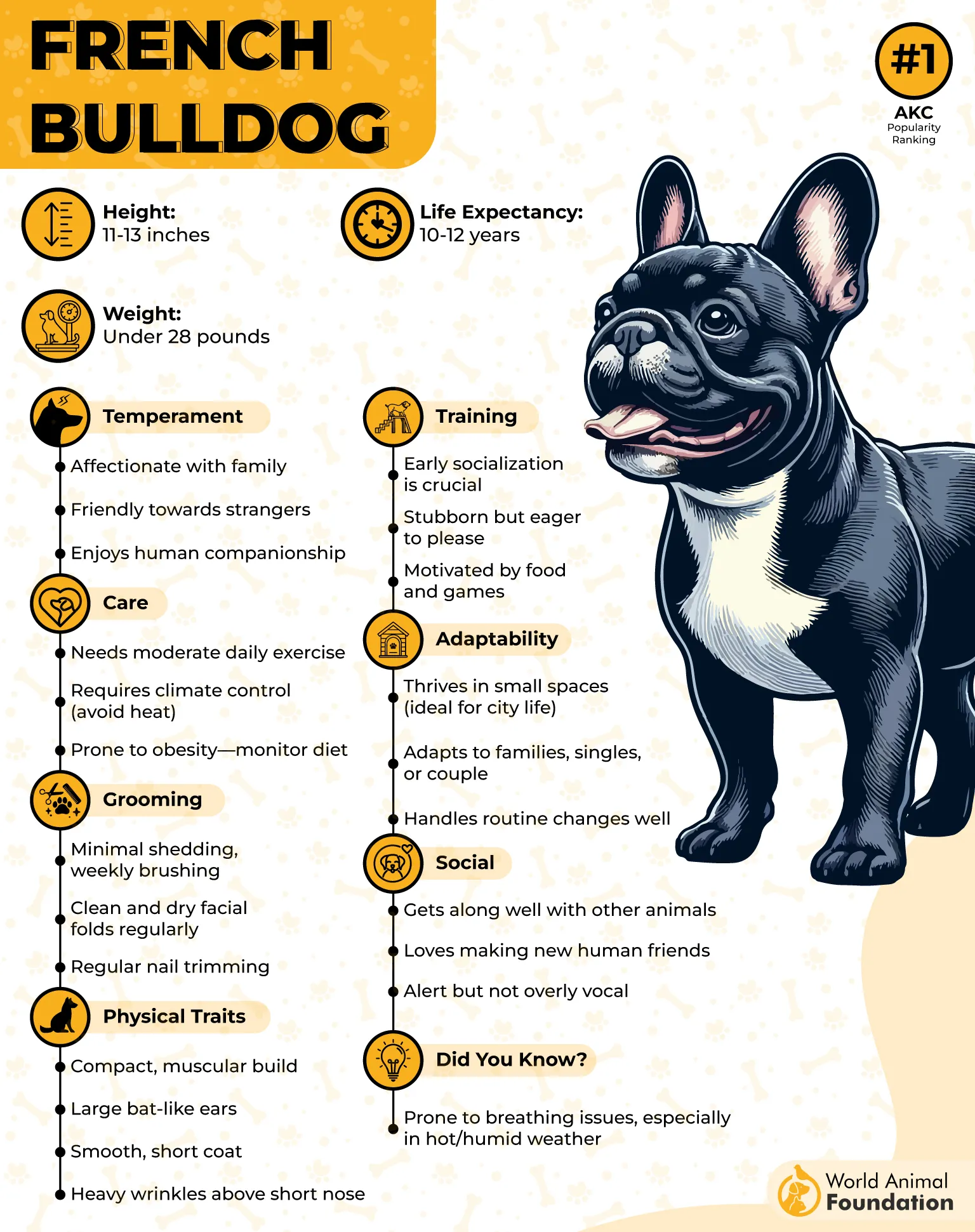
A new pet or a family member arriving can trigger jealousy in these dogs. They enjoy stability and may struggle when their routine is disrupted, leading to signs of jealousy like excessive clinginess.
To address jealousy, maintaining a structured training routine is key. Positive reinforcement techniques, along with quality time spent together, help ease their insecurities and promote better socialization.
Despite their jealous streak, French Bulldogs can become well-adjusted with consistent training. By ensuring a fair distribution of affection, owners can help them feel loved without the need to compete.
6. Labrador Retriever

Labrador Retrievers are among the most popular dog breeds, but their affectionate nature can sometimes lead to jealousy. Their deep emotional bonds with owners make them highly sensitive to divided attention.
Ever seen your Labrador nudge your hand when you’re petting another dog? These social animals dislike being left out and may exhibit attention-seeking behaviors like whining or leaning against their owner to reclaim affection.
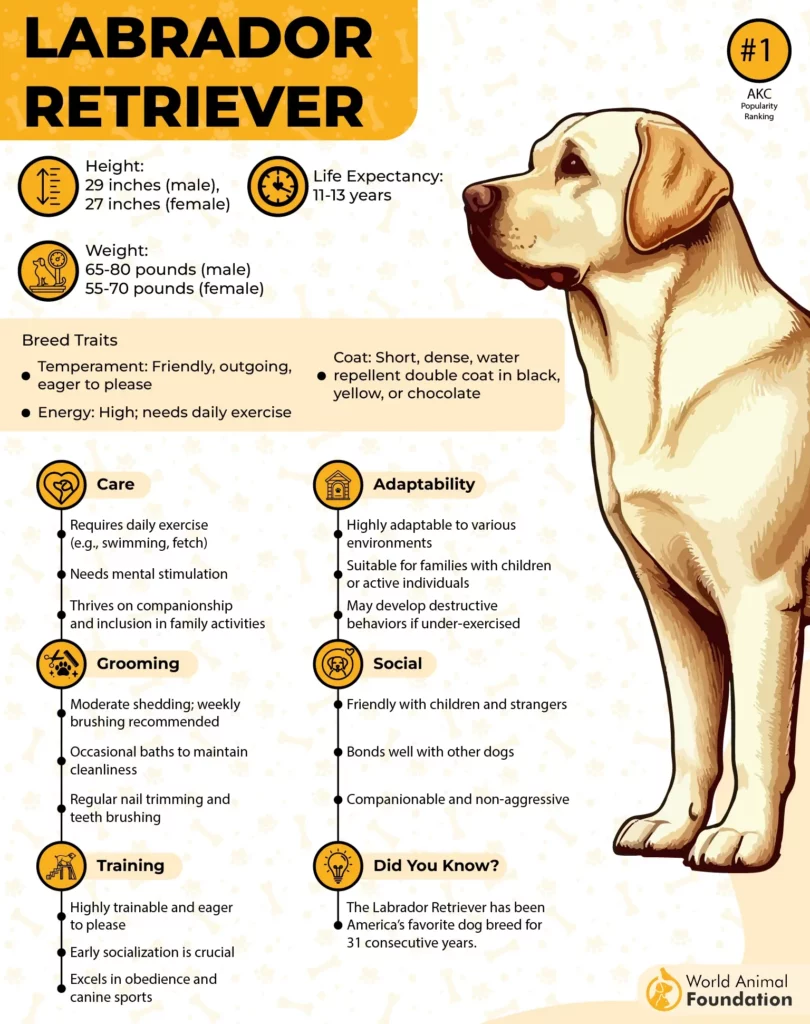
A new puppy or even a new partner can trigger jealousy in Labs. They thrive on human interaction and may feel insecure when other members of the family receive more attention. Their playful nature makes them crave constant companionship.
To manage jealousy, dog owners should use positive reinforcement to reward calm behavior. Keeping them engaged with mental stimulation and structured playtime helps divert attention from possessive tendencies. Obedience training reinforces emotional stability.
Although Labradors are prone to jealousy, they can overcome it with consistent training. With equal attention and a balanced environment, they learn to share affection and coexist peacefully with other pets.
7. Golden Retriever

Golden Retrievers are loving and friendly, but their need for affection can make them prone to jealousy. They develop strong bonds with their families and dislike being ignored or replaced.
Does your Golden Retriever bring you their favorite toy whenever you talk to someone else? These playful dogs use attention-seeking behaviors to stay in the spotlight, sometimes even nudging between people to reclaim focus.

Introducing a new dog or spending time with other pets can trigger jealousy in this breed. They enjoy social interaction but may feel insecure if they perceive a change in their usual attention routine.
To address jealousy, a well-structured training routine is essential. Engaging them in obedience training and ensuring equal attention distribution helps them feel valued. Interactive play sessions also prevent feelings of neglect.
Golden Retrievers can overcome jealousy with proper guidance. Their friendly nature makes them adaptable, and with consistent reassurance, they learn to share affection without displaying possessive behaviors.
8. German Shepherd

German Shepherds are intelligent and loyal, but their protective instincts can make them one of the most jealous dog breeds. They form deep emotional bonds with their owners, leading to possessiveness.
Ever had your German Shepherd step between you and a guest? These dogs are highly aware of their surroundings and may exhibit guarding behaviors when they feel their owner’s attention is being diverted elsewhere.

New pets or unfamiliar visitors can trigger jealousy in German Shepherds. Their strong attachment makes them wary of changes, and they may start acting out if they feel their role as a protector is being challenged.
Managing jealousy in this breed requires obedience training and socialization. Teaching them clear boundaries and providing mental stimulation through structured activities helps prevent overprotective tendencies.
With the right approach, German Shepherds can overcome jealousy. By reinforcing positive behaviors and spending time building trust, owners can ensure a well-adjusted and emotionally balanced pet.
9. Cocker Spaniel

Cocker Spaniels are affectionate companions, but their strong need for attention makes them prone to jealousy. They thrive on companionship and may struggle when they feel left out.
Does your Cocker Spaniel bark excessively when you pet another dog? These sensitive pups dislike sharing with their owners and may display attention-seeking behaviors, such as whining or pushing against you.
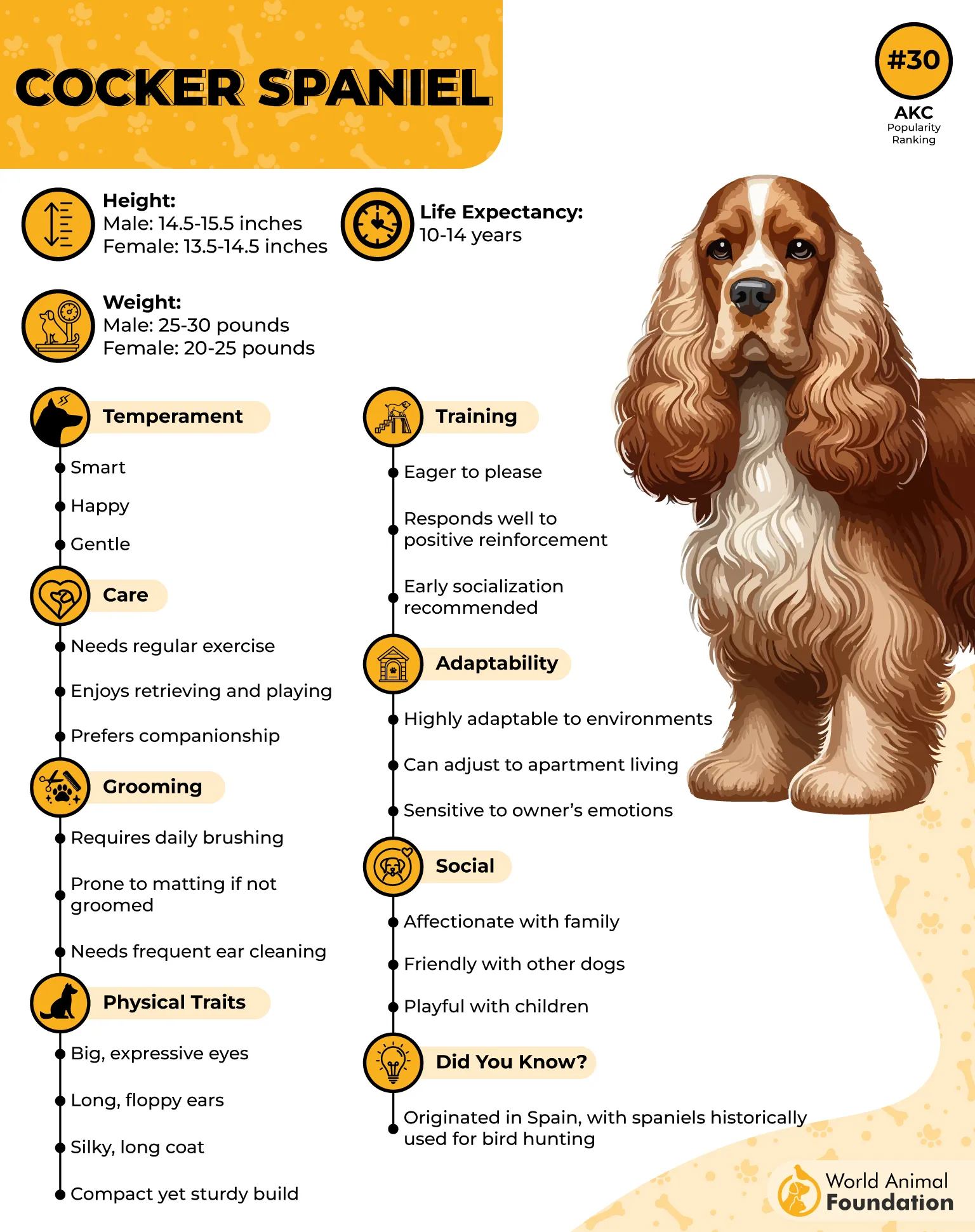
A new puppy or a shift in household dynamics can trigger jealousy. Petplan states that they crave routine and may feel insecure if their usual interaction pattern changes, leading to clinginess or possessiveness.
To address jealousy, a balanced training routine is crucial. Ensuring they receive enough attention while encouraging independent playtime helps manage their emotional needs. Positive reinforcement fosters confidence.
Cocker Spaniels can overcome jealousy with patience and guidance. By providing equal attention and reinforcing security, owners can help them develop into well-adjusted, happy pets.
10. Chihuahua

Chihuahuas may be small, but their jealousy is anything but! Their strong attachment to their owners makes them protective and sometimes overly possessive.
Ever had your Chihuahua growl when someone new enters the room? These tiny dogs can be fiercely loyal, often displaying signs of jealousy like barking or clinging to their favorite person.
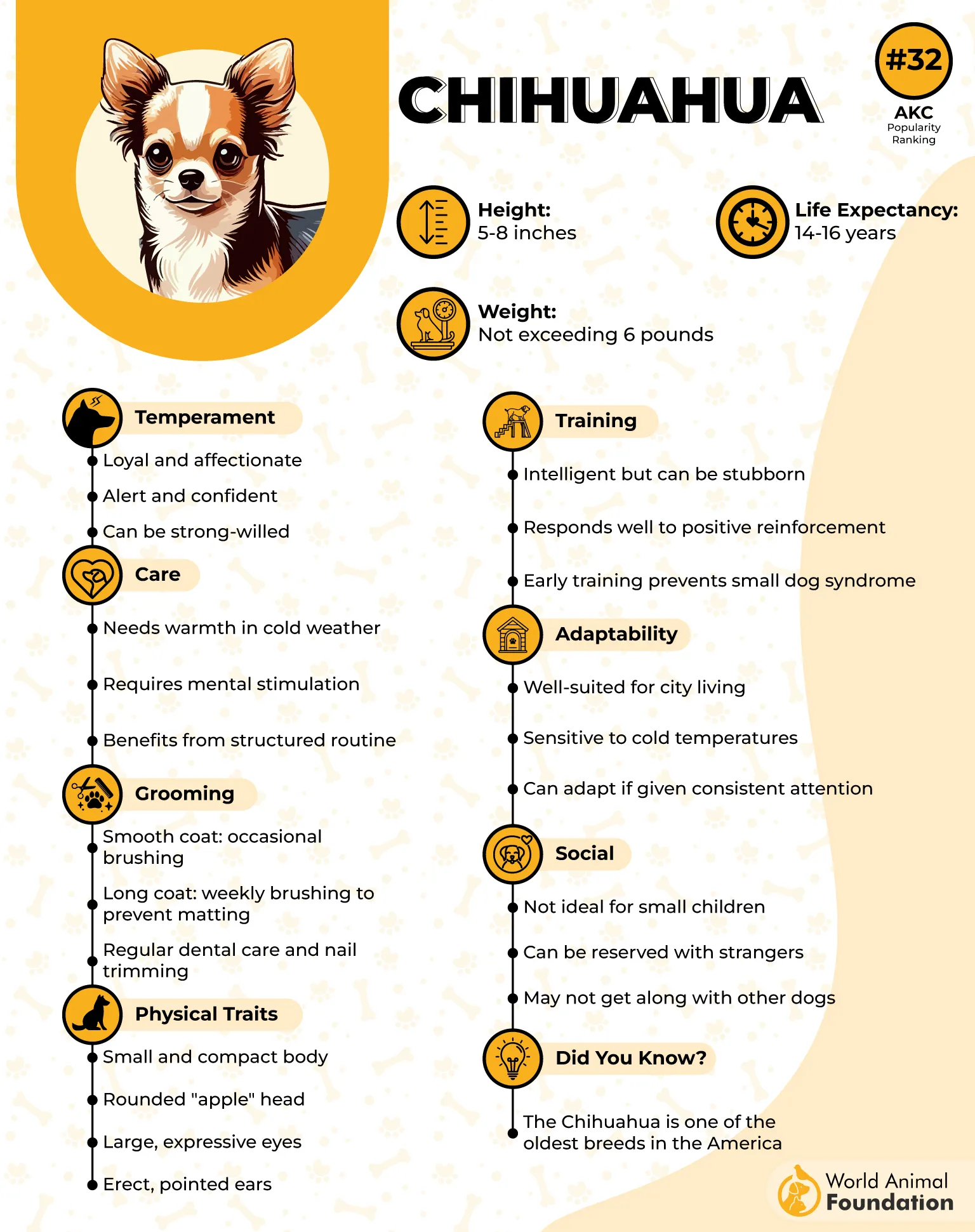
A new partner or even spending time with other pets can trigger jealousy in this breed. They enjoy being the center of attention and may feel insecure when their owner’s focus shifts.
To manage jealousy, clear boundaries, and socialization are key. Teaching them to accept new situations with positive reinforcement helps reduce their overly possessive tendencies. Consistent training builds confidence.
Despite their jealous streak, Chihuahuas can become well-adjusted with the right approach. A mix of quality time, obedience training, and mental stimulation ensures they feel secure and loved.
Conclusion
Dogs bring laughter, love, and a little bit of chaos into our lives. But let’s be honest—some have a spirited personality that comes with a side of jealousy. Whether they demand all the belly rubs or block your new puppy from cuddling you, these certain breeds know how to claim their rightful throne!
Understanding jealousy in dogs helps many dog owners create a balanced home. From the playful Dachshund to the loyal German Shepherd, each breed has its quirks. While we covered the most jealous dog breeds, others, like the American Pit Bull Terrier, can also form deep bonds and display possessiveness.
At the end of the day, every dog just wants love—sometimes, a little too much! But with patience, training, and understanding jealousy, even the clingiest pups can learn to share. So, are you ready to embrace the adorable chaos of a jealous pooch? Because let’s face it—you wouldn’t have it any other way!


